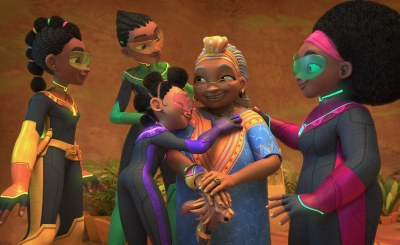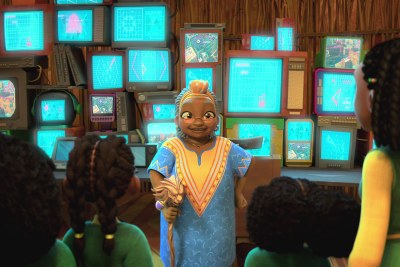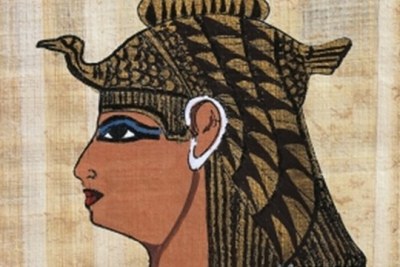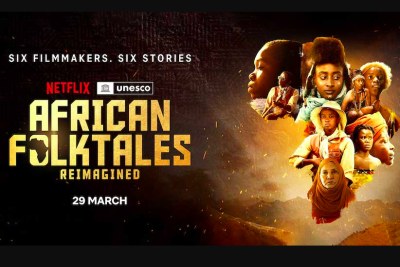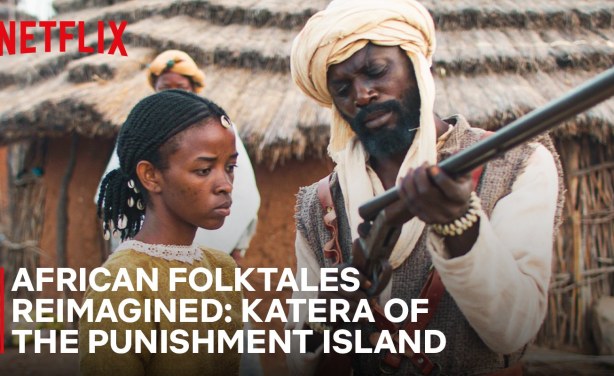-
Africa: Decolonising African Cinema in the Time of Netflix
African Arguments, 21 August 2023
90% of Africa's cultural legacy resides outside the continent; audiovisual restitution is a battle for memory as urgent as artefact restitution. Read more »
-
South Africa: Netflix's First African Animated Series Gets Release Date
allAfrica, 19 May 2023
The new animated series, Supa Team 4, follows four teen girls living in the neo-futuristic African city of Lusaka who are recruited by a retired secret agent still committed… Read more »
-
Africa: Analyzing Netflix's Attempts to Tap the African Market
NexTVAfrica, 29 September 2021
According to Dataxis latest research, Showmax and Netflix are the dominant players in the SVOD market with a market share of 31.6% and 29.7% of subscribers respectively. The recent… Read more »
The Struggle for Cinematic Representation in Africa
Film director Alain Kassanda wanted to collect films from the colonial Belgian Congo to tell the story of his grandparents. However, the images he found were racist propaganda that showed Belgians civilizing the local population and never showed the Congolese perspective. To make matters worse, he had to pay 25,000 euros to be able to access these images. He felt that this was unfair because the images were taken without the consent of the Congolese people and are essentially stolen property, writes Ana Carbajosa for African Arguments.
The struggle for cinematic representation is intertwined with the struggle for power. As African content gains recognition globally, the challenge is to maintain control over narratives while collaborating ethically with foreign partners. The report commissioned by Paris in 2018 to Felwine Sarr and Benedicte Savoy claims that 90% of the cultural legacy of sub-Saharan Africa resides outside the continent. Moroccan director, Ali Essafi, argues that this "audiovisual restitution" is not just about artifacts but also memory. The power of memory was understood by colonizers, who exploited this when dominating societies with strong oral traditions.
Western festivals and production companies are increasingly interested in African content, as shown by the success of blockbusters like Black Panther. Nollywood, the Nigerian film industry, has also had a strong presence on streaming platforms like Netflix. There have never been so many Afro-futurist movies. The platforms have realized that Africa is a great market when they have already reached their limit in other continents, says Mozambican director Pedro Pimenta, a UNESCO consultant on African audiovisual affairs.
Director Kassanda sums it up neatly: "Cinema is also a question of power: the power of who has the means to represent themselves."
InFocus
-
Netflix has announced the release of its first African animated series, Supa Team 4, Read more »
-
Cleopatra, the last monarch of the Ptolemaic dynasty in Egypt from 51-30 BC, is back in the news due to a controversial docudrama series on Netflix called Queen Cleopatra.
Read more » -
Six storytellers from a new generation came together to reimagine and retell tales as old as time from across the African continent. These stories are now being presented as short ... Read more »

